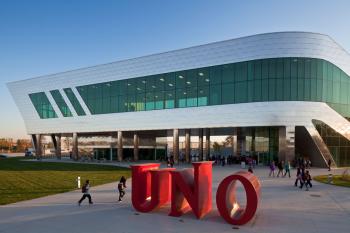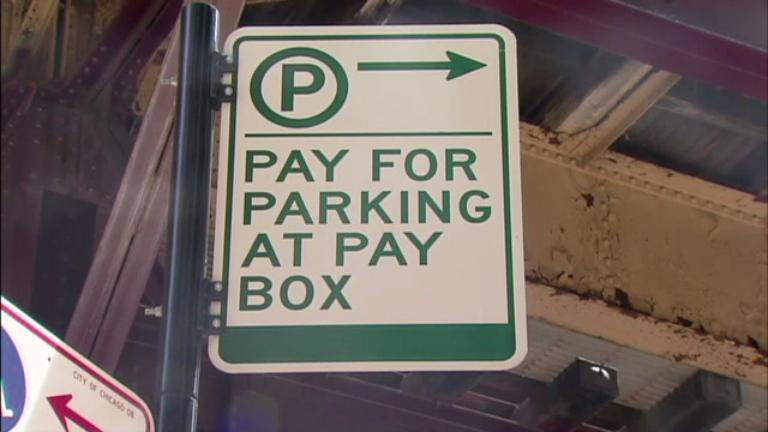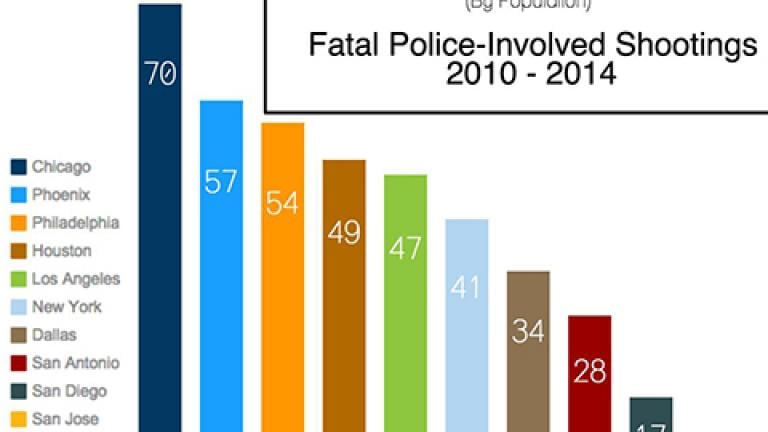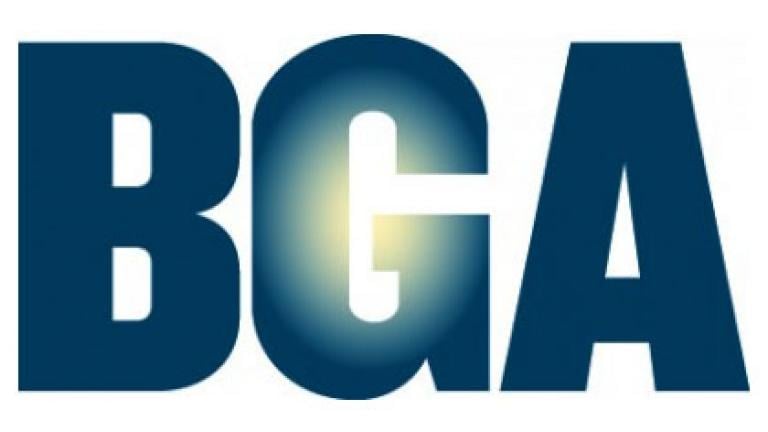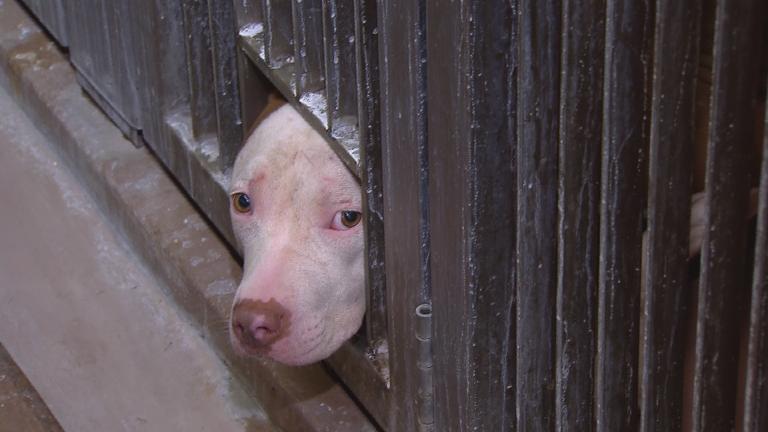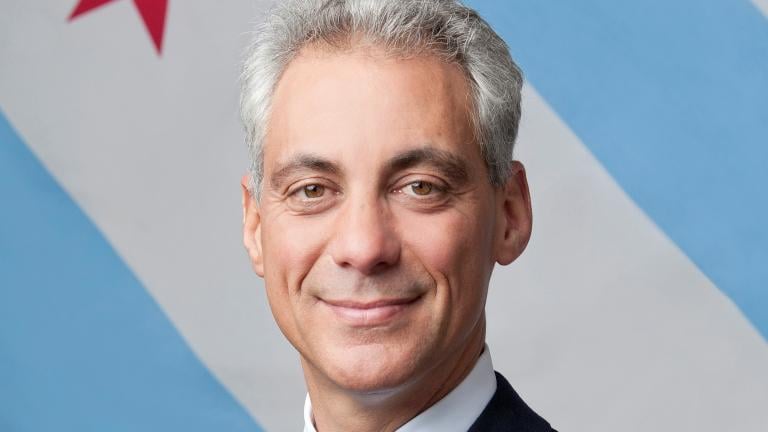Chicago magazine and the Better Government Association break a special report on the rise and fall of Juan Rangel of the United Neighborhood Organization (UNO), and the future of the clout-heavy charter school network. Read an article and view a slideshow of the school.
The ABCs of UNO
How the United Neighborhood Organization used clout to grow from a small Latino community group into a multi-million-dollar enterprise subsidized by taxpayers – and how old-school politics might be its undoing.
By the BGA and Chicago magazine
The United Neighborhood Organization grew fast and stumbled hard.
Through a combination of sheer ambition and political clout, UNO rose to become Chicago’s most powerful Latino community group, operating 16 taxpayer-funded charter schools, a janitorial services firm and other for-profit entities – while establishing alliances with powerful political figures who helped enable its astronomical rise.
But in recent months that ascension came to an abrupt halt.
The remainder of a $98 million state grant, believed to be the largest ever given to a charter school network, was frozen amid reports that UNO had doled out millions of dollars of public money to companies led by politically connected insiders.
Then, word came that the U.S. Securities and Exchange Commission was investigating an UNO bond deal that helped fuel its school expansion. Finally, in December, came the resignation of Juan Rangel, UNO’s charismatic CEO.
Just how did UNO and Rangel meet this fate? And what does it mean for the future of the organization, which educates some 7,500 mostly Latino students in Chicago?
To find out, Chicago magazine and the Better Government Association interviewed roughly 50 sources, among them several top UNO insiders, scoured financial records and other documents obtained through Illinois Freedom of Information Act requests.
What emerged is a cautionary tale about ambition and greed, and a glaring lack of oversight of charter school finances and operations that allowed alleged abuses to fester.
Notable findings include:
+ UNO has received more than $280 million in public money over the past five years but neither Chicago Public Schools nor the Illinois State Board of Education closely monitored how those funds were spent.
+ A good chunk of the public money UNO collects never touches the classroom. In 2012, for example, it received $49 million from local, state and federal sources. Of that amount, more than $5 million went to management fees, $3.5 million to debt interest payments, nearly $1 million to consultants and $68,200 to promotional materials.
+ According to Chicago Public Schools, charter school networks are supposed to conduct and videotape blind admissions lotteries. But two sources with direct knowledge of the process say UNO never held a “real” lottery and instead cherry-picked students based on where they live in order to build up coalitions in certain Latino neighborhoods. (Rangel vehemently denied the accusation.)
+ UNO has co-developed at least five senior housing developments in and around Chicago, signaling its growing business prowess, and push to diversify its interests. As is the case with its schools, taxpayers helped foot the bill. UNO and its business partner have received loans, grants and housing tax credits worth $78 million from the governments of the State of Illinois, Cook County and City of Chicago.
+ Amid reports of an ongoing SEC investigation, UNO quietly retracted proposals for four additional campuses for the 2015-16 school year, a sign that the scandal-scarred organization is scaling back its once-ambitious growth plans.
+ UNO’s financial success has come as its leaders forged close relationships with political powerbrokers such as Ald. Ed Burke (14th) and Illinois House Speaker Michael Madigan (D-Chicago), among others.
For its part, UNO says it’s searching for ways to improve. A national CEO search is underway and “we are setting in more internal controls with the end goal of keeping that excellent education going,” interim CEO Jesse Estrada says.
More bad news is yet to come. Former UNO deputy Miguel d’Escoto just filed a lawsuit claiming Rangel forced him to resign from UNO “against his will” after it was reported that companies owned by d’Escoto’s brothers had been paid millions of dollars in state grant funds. The suit charges UNO and Rangel personally with fraud.
The bottom line here: The BGA/Chicago investigation raises real questions about who UNO is schooling.
To read more in Chicago magazine, click here. Click here to read BGA coverage.
Stories were written and reported by the Better Government Association’s Andrew Schroedter and Patrick Rehkamp, and Chicago magazine’s Cassie Walker Burke. They can be reached at (312) 821-9035 or [email protected].

